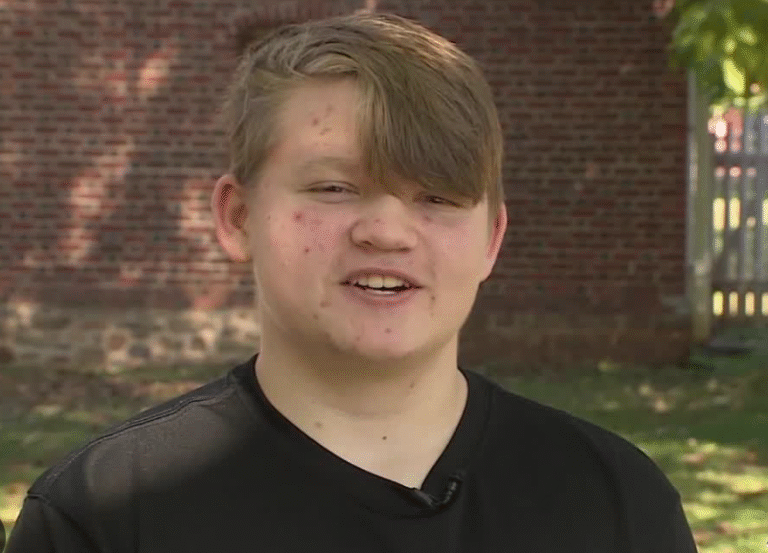North Carolina Enacts Law Shielding Racetracks From Noise Complaints
RALEIGH, NORTH CAROLINA — North Carolina has passed new legislation protecting racetracks from noise complaints and nuisance lawsuits, a move state leaders say is critical to safeguarding the state’s motorsports industry.
House Bill 926 Signed Into Law
The measure, known as House Bill 926, was allowed to become law by Governor Josh Stein this week. It grants racetrack owners immunity from lawsuits filed by nearby residents over noise or related nuisances, so long as the facilities were properly permitted before surrounding properties were developed.
The law states that a racing facility “shall not be subject to any action brought by a surrounding property owner under any nuisance or taking cause of action if the developer… obtained all permits required for construction… before the surrounding property owner purchased property or constructed buildings nearby.”
Industry Reaction
Supporters say the legislation addresses a long-standing problem in which new homeowners near racetracks later file complaints that threaten facilities that have operated for decades.
“This is a blessing for North Carolina short tracks,” said Charlie Hansen, promoter of Wake County Speedway and leader of the North Carolina Short Track Alliance. “North Carolina lawmakers and governors support racing in NC!”
The Specialty Equipment Market Association (SEMA) and its subsidiary, Performance Racing Industry, also praised the passage, calling it a model for other states.
Legislative Support and Background
The bill was spearheaded by Representative Allen Chesser, who represents North Carolina’s 25th district.
It is not the first time the state has taken action in support of racing. In 2022, funds from the American Rescue Plan Act were used to help revive North Wilkesboro Speedway and Rockingham Speedway, while additional NASCAR-sanctioned tracks received funding for upgrades.
Protecting the Right to Race
Under the new law, racetracks within a three-mile radius of their property are covered, including tracks, garages, spectator areas, and related facilities.
Officials say the goal is to ensure racetracks remain viable despite urban growth encroaching on historic motorsport venues.
Do you think North Carolina’s new law strikes the right balance between protecting racetracks and respecting nearby communities? Share your opinion and join the conversation at SaludaStandard-Sentinel.com.







